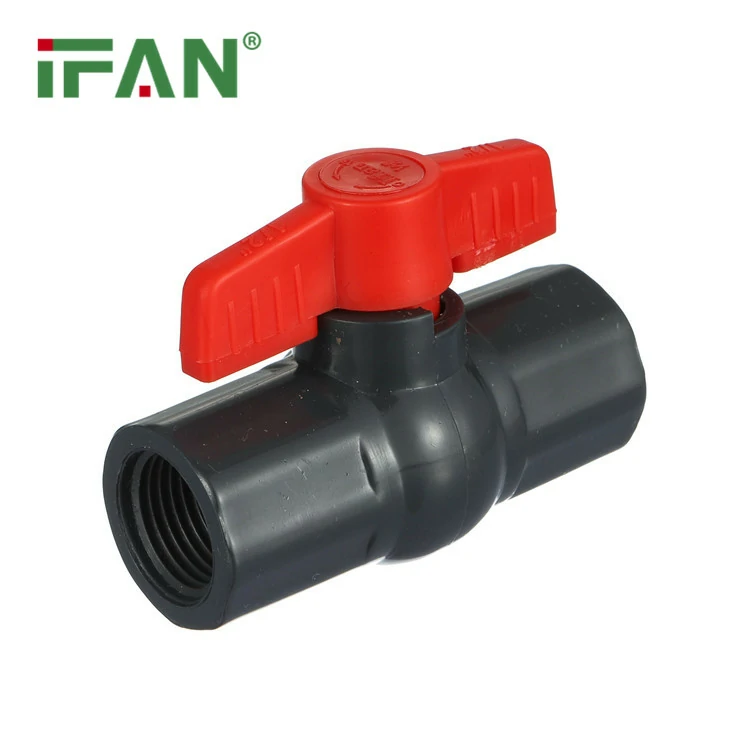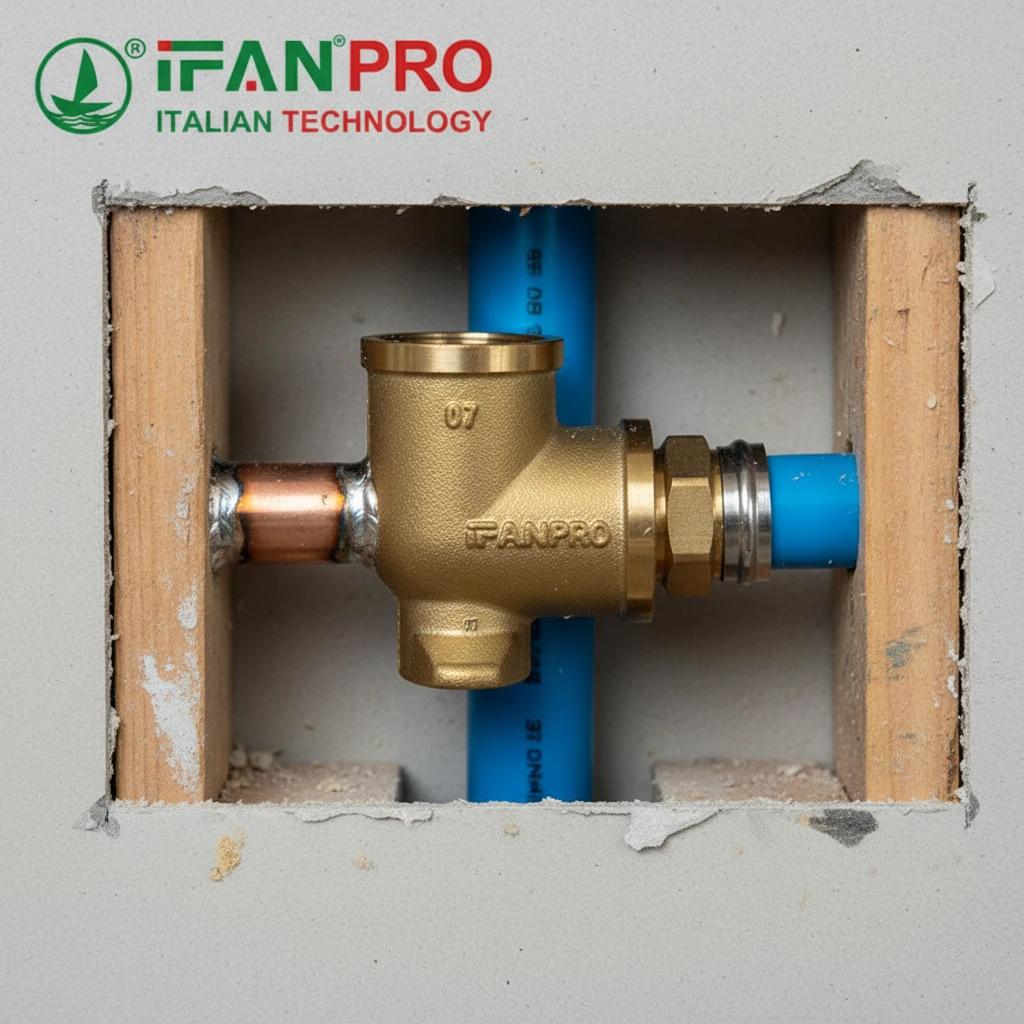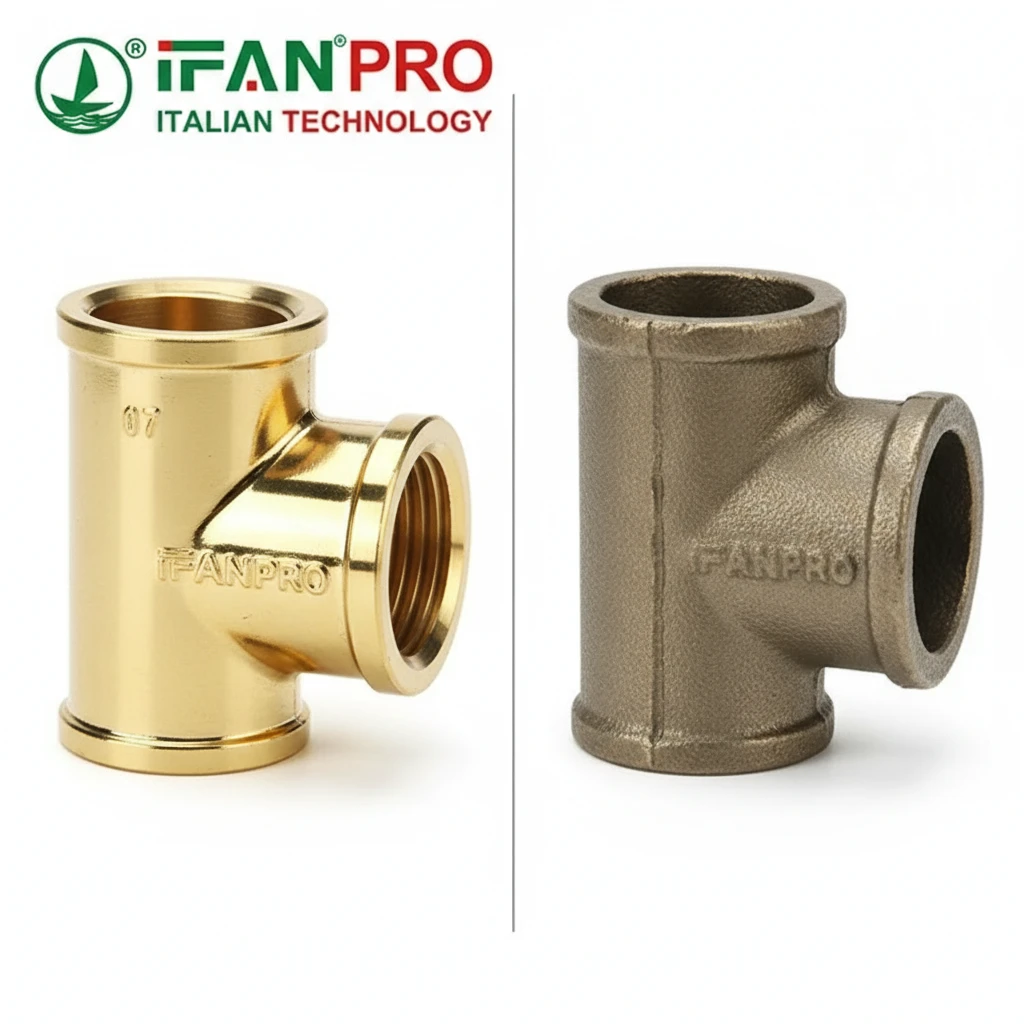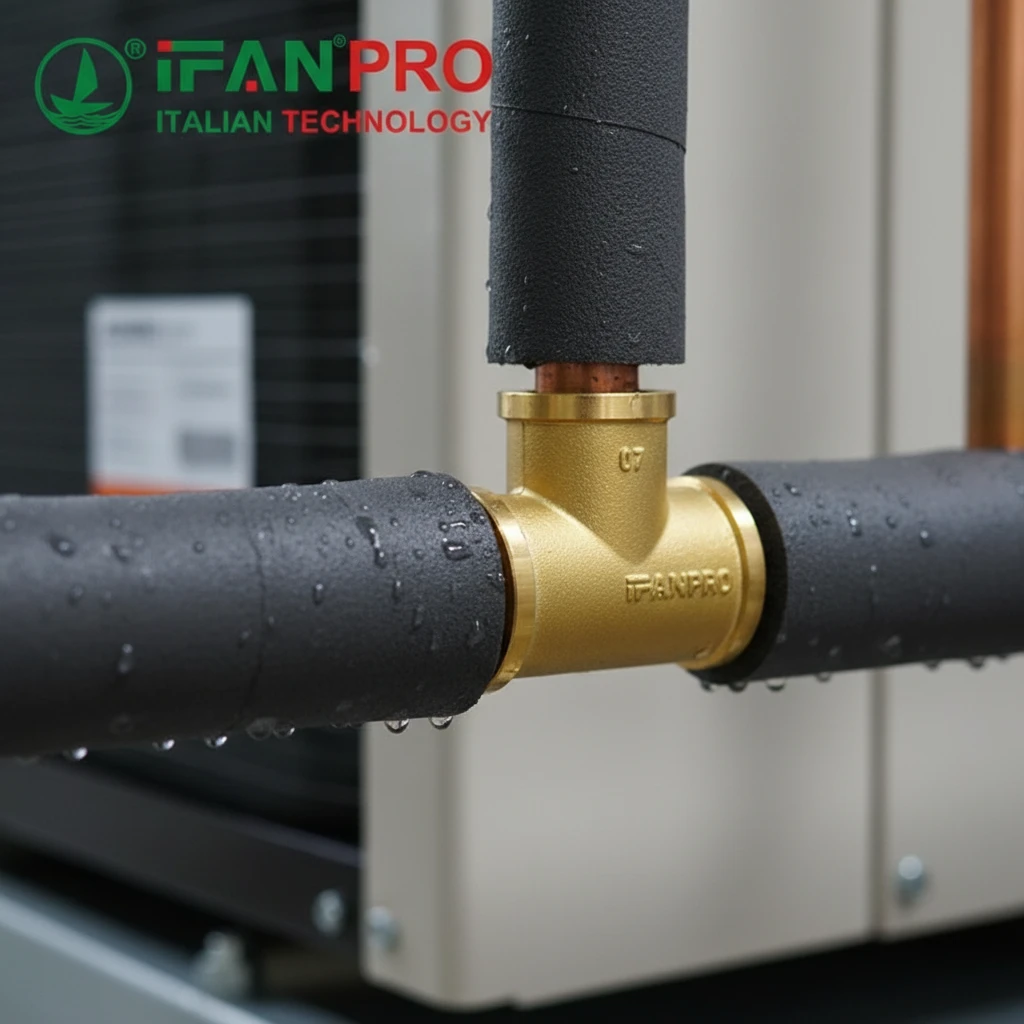Industrial applications demand reliable, durable piping solutions. ASTM D1785 SCH80 UPVC ball valves deliver exceptional performance in demanding environments. These valves combine superior chemical resistance with long-lasting durability.
Understanding ASTM D1785 Standard
The ASTM D1785 specification defines requirements for rigid PVC pipe and fittings. This standard ensures consistent quality across manufacturers. Products meeting this specification undergo rigorous testing for pressure ratings, dimensions, and material properties.
Schedule 80 designation indicates thicker walls compared to standard Schedule 40 pipes. This increased thickness provides higher pressure ratings. Applications requiring robust performance benefit from SCH80 construction.
Key Features of SCH80 UPVC Ball Valves
Superior Chemical Resistance UPVC material resists acids, alkalis, and most industrial chemicals. The valve body maintains integrity even in harsh chemical environments. Corrosion resistance extends service life significantly.
High Pressure Rating Schedule 80 construction handles pressures up to 400 PSI at room temperature. Temperature variations affect pressure ratings. Always consult pressure-temperature charts for specific applications.
Full Port Design Full bore construction minimizes pressure drop across the valve. Flow capacity matches the connected pipe diameter. This design optimizes system efficiency.
Quarter-Turn Operation Ball valves provide quick shut-off capability. A 90-degree turn moves from fully open to fully closed. This feature enables rapid response in emergency situations.
Applications and Industries
Water Treatment Plants Municipal water systems rely on UPVC ball valves for chemical dosing lines. Chlorine resistance makes them ideal for disinfection systems. Low maintenance requirements reduce operational costs.
Chemical Processing Process industries use these valves in corrosive media handling. Pharmaceutical manufacturing benefits from their clean, non-contaminating properties. Food processing applications appreciate their FDA-compliant materials.
Swimming Pool Systems Pool equipment manufacturers specify UPVC valves for chlorinated water systems. UV resistance prevents degradation from sunlight exposure. Easy maintenance keeps pools operational.
Industrial Cooling Systems Cooling tower applications benefit from UPVC’s thermal stability. Scale buildup resistance maintains flow capacity over time. Replacement costs decrease due to extended service life.
Installation and Maintenance Best Practices
Proper Installation Techniques Support piping adequately to prevent stress on valve connections. Use appropriate solvent cement for permanent joints. Threaded connections require PTFE tape or pipe dope.
Regular Inspection Schedule Visual inspections identify potential issues early. Check for signs of cracking or discoloration. Test valve operation quarterly in critical applications.
Storage Recommendations Store valves in cool, dry locations away from direct sunlight. Protect threaded ends with caps or plugs. Inventory rotation prevents long-term storage issues.

Wholesale Purchasing Considerations
Volume Discounts Bulk purchases typically offer significant cost savings. Minimum order quantities vary by manufacturer. Long-term contracts may provide additional price advantages.
Quality Certifications Verify ASTM D1785 compliance through proper documentation. Third-party testing reports provide quality assurance. ISO certifications indicate manufacturing consistency.
Lead Times and Availability Standard sizes usually ship quickly from stock. Custom configurations require extended lead times. Planning ahead prevents project delays.
Параметры настройки
Many manufacturers offer customization services for specific applications. Modified port configurations accommodate unique flow requirements. Special end connections match existing system components.
Thread patterns can be customized for regional preferences. Pressure ratings may be adjusted for specific operating conditions. Color coding helps with system identification.
Selection Criteria
Size Requirements Match valve size to pipe diameter for optimal performance. Oversized valves create unnecessary expense. Undersized valves restrict flow capacity.
Pressure and Temperature Ratings Operating conditions determine required specifications. Safety factors should account for pressure surges. Temperature cycling affects material properties.
End Connection Types Socket connections provide permanent installation. Threaded ends allow for easy maintenance access. Flanged connections suit high-pressure applications.
Cost-Effectiveness Analysis
Initial purchase price represents only one cost factor. Maintenance expenses accumulate over valve lifetime. Energy costs relate to pressure drop characteristics.
UPVC valves typically cost less than metal alternatives. Corrosion resistance eliminates replacement frequency. Lower weight reduces installation labor costs.
Quality Standards and Testing
Hydrostatic testing verifies pressure ratings under controlled conditions. Cycling tests simulate long-term operational stress. Chemical compatibility testing ensures material suitability.
Third-party certifications provide independent quality verification. NSF approval confirms potable water compatibility. UL listings indicate fire safety compliance where required.
Экологические соображения
UPVC materials offer recyclability benefits at end of service life. Energy requirements for production remain relatively low. Chemical resistance eliminates environmental contamination risks.
Manufacturing processes generate minimal waste streams. Transportation weight advantages reduce shipping emissions. Long service life minimizes replacement frequency.
Wholesale ASTM D1785 SCH80 UPVC ball valves provide reliable, cost-effective solutions for industrial piping systems. Their combination of chemical resistance, durability, and competitive pricing makes them essential components in modern fluid handling applications.













Последние комментарии